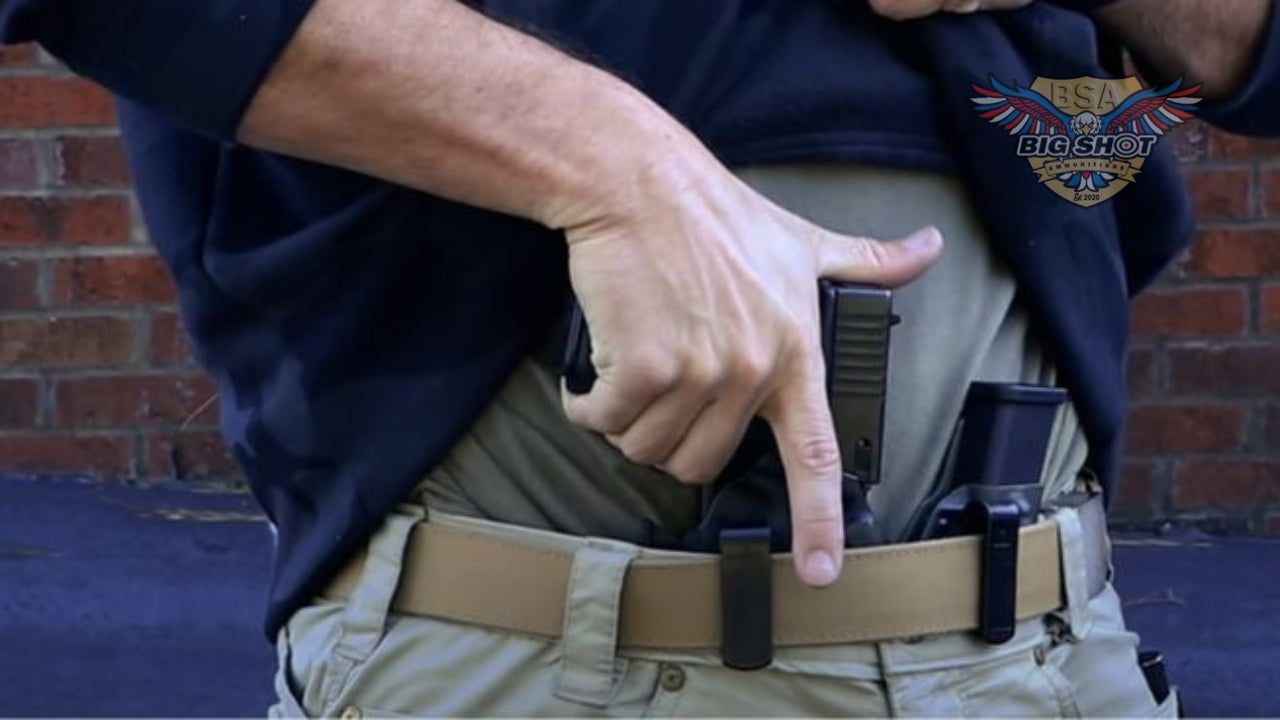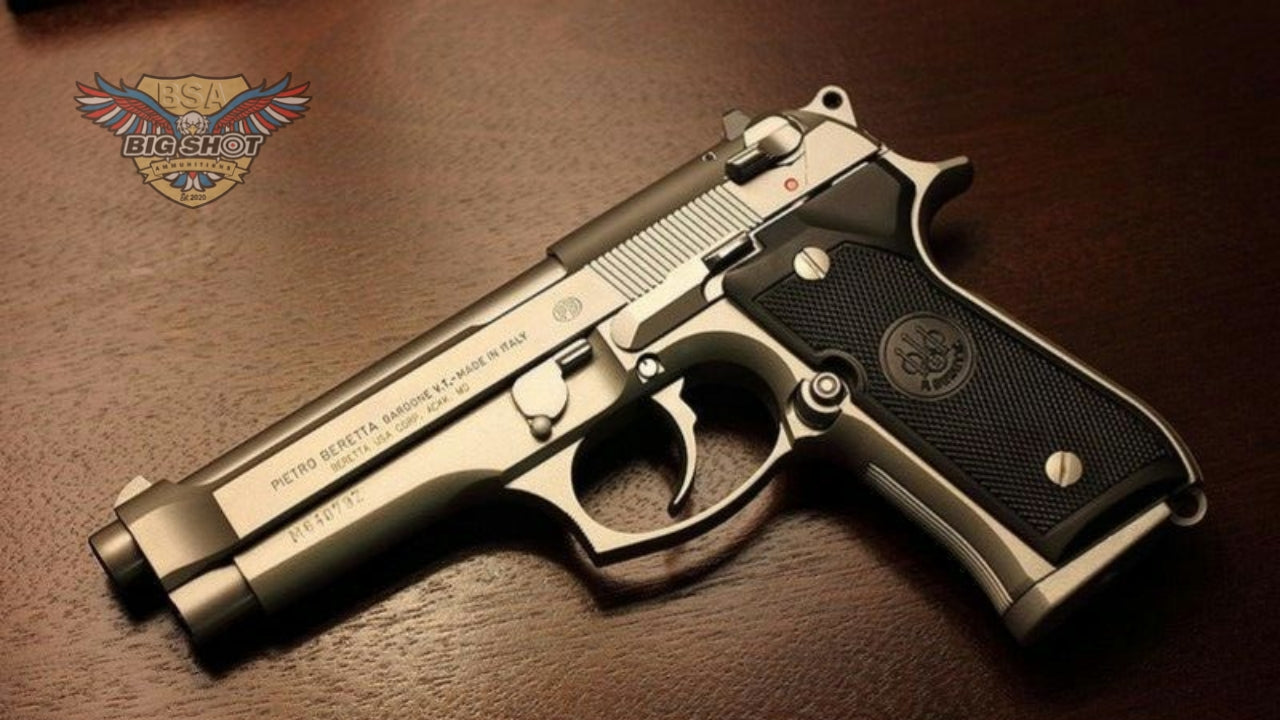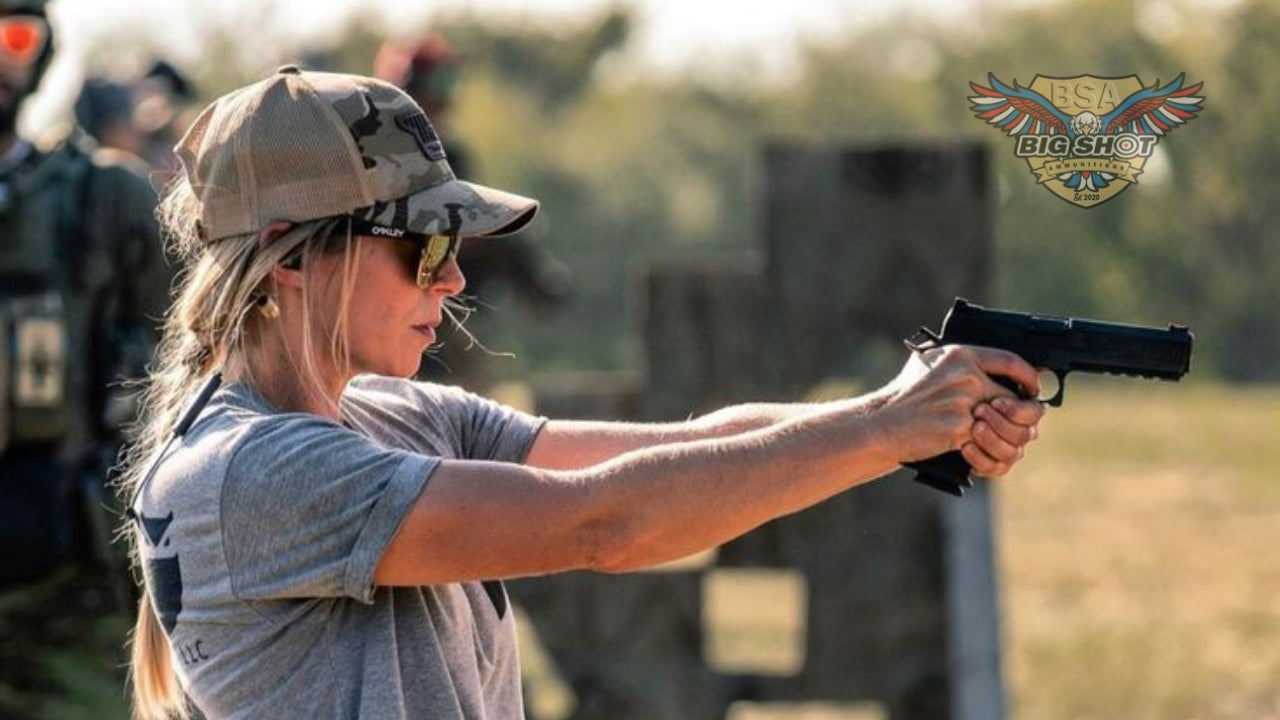
5 Common Mistakes to avoid when carrying a Concealed Weapon
Introduction
You've spent the last few months studying the laws and regulations surrounding concealed carry. You know that you have to be 21 years old, have a clean criminal record, and pass a background check before getting your permit. You also know that there are certain places where it's illegal (or at least frowned upon) to carry a weapon in public.
But what happens when your gun goes off? Or someone else's gun goes off? Or both? It could be an accident--but it could also be something much worse than that. In this article we'll explore five common mistakes people make when carrying concealed weapons so that you can avoid them yourself!
Mistake #1: Carrying Without a License
The first mistake is to carry a concealed weapon without having a license. In most states, you must have a permit or license in order to carry your weapon in public. The consequences of carrying without one can be severe:
If you're caught with an unlicensed gun in your possession and charged with breaking the law, you could face fines up to $10,000 and/or five years' imprisonment.
It's important that you obtain the proper documentation before carrying your handgun around town--not only because it's illegal not to have one but also because it will help keep you safe!
Mistake #2: Not Knowing Local Laws and Regulations
The second mistake is not knowing the laws and regulations of your state.
For example, in some states it's illegal to carry a concealed weapon unless you have a permit or license. In other states, it's perfectly legal for anyone over 21 years old who can legally own a gun to carry one concealed without any training or licensing requirements whatsoever. If you're from one of these latter states and travel into another state where carrying concealed weapons requires some sort of permit or license (or even just registration), then you could be breaking the law if your gun isn't registered with that particular jurisdiction!
This is why it's important to stay up-to-date with changes in local laws and regulations--especially when traveling between jurisdictions--so that you don't accidentally break them by accident!
Mistake #3: Carrying an Unloaded Weapon
The third mistake you can make is carrying an unloaded weapon. While it may seem like a good idea to keep your gun unloaded in case you need to quickly draw it and fire, this can actually be dangerous. If you're ever in an emergency situation where seconds matter and there's no time for loading your gun, then having an empty chamber could cause major problems for you and others around you.
Always carry at least one loaded magazine with your handgun so that if the worst does happen, at least one bullet is ready to go when needed most!
Mistake #4: Carrying the Wrong Type of Weapon
The best weapon for concealed carry is the one that you are most comfortable with. If you have never shot a gun before, it may be best to start with something smaller and less intimidating. A smaller gun will also make it easier to conceal and carry on your person without drawing attention from others around you.
If possible, try out different types of weapons before deciding which one works best for your needs. Ask friends who own guns or visit a shooting range near you so that you can test out some different options in person instead of just relying on their descriptions alone (which might not always be accurate).
Mistake #5: Not Carrying Properly
The most common mistake when carrying a concealed weapon is not carrying properly. You have to be aware of the laws in your state, as well as any other regulations that might apply to you. You also need to make sure that you're using the right holster for your gun and body type, otherwise it could be uncomfortable or even unsafe for you to carry around all day long.
If you want more information about how best to carry a concealed weapon and avoid these common mistakes, check out this article from [website].
Conclusion
If you're going to carry a concealed weapon, it's important that you do so responsibly. Carrying a gun is not something to be taken lightly, and there are many potential consequences of not carrying responsibly.
If you're interested in carrying a concealed weapon but aren't sure where to start, these tips can help guide your decision-making process:
- Be sure that the area where you plan on carrying is legal under local laws and regulations
- Make sure that the firearm itself is legal under federal law (for example, if an automatic pistol isn't allowed in your state)




Leave a comment
This site is protected by hCaptcha and the hCaptcha Privacy Policy and Terms of Service apply.